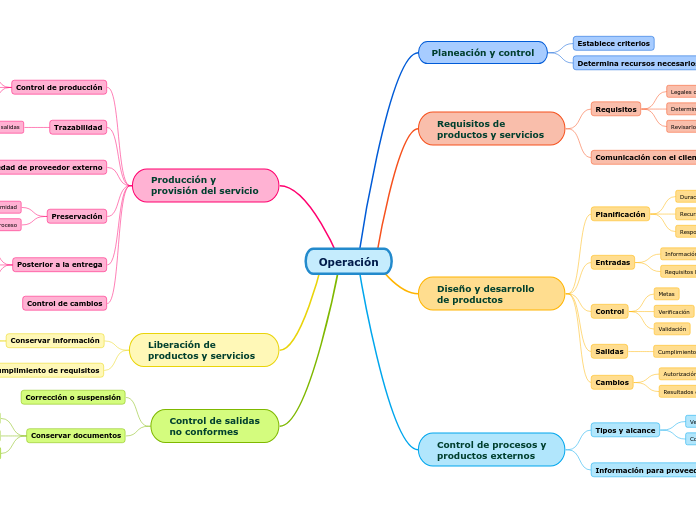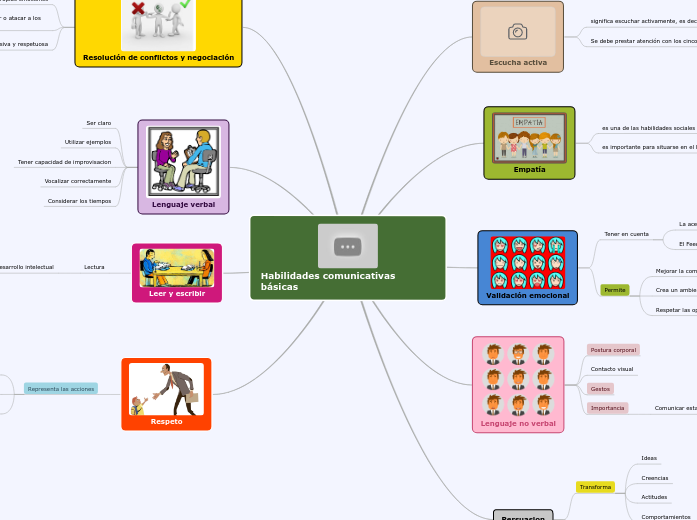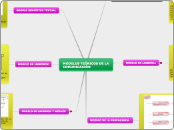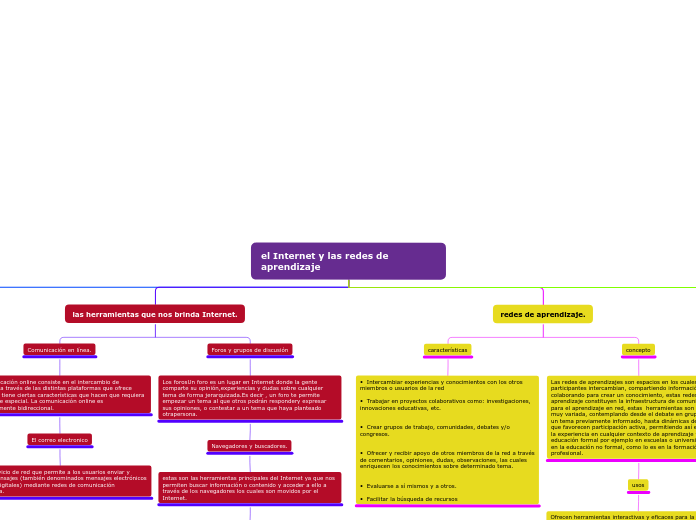Operación
In physics, energy is the quantitative property that must be transferred to an object in order to perform work on, or to heat, the object. Energy is a conserved quantity; the law of conservation of energy states that energy can be converted in form, but not created or destroyed
Control de salidas no conformes
Conservar documentos
Autoridad involucrada
Acciones tomadas
No conformidad
Corrección o suspensión
Control de procesos y productos externos
Información para proveedores externos
Requisitos de los productos
Requisitos de verificación
Tipos y alcance
Control dentro de organización
Diseño y desarrollo de productos
Cambios
Resultados de revisiones
Autorización
Salidas
Control
Validación
Verificación
Metas
Entradas
Información
Planificación
Responsabilidad
Recursos
Duración
Liberación de productos y servicios
Cumplimiento de requisitos
Conservar información
Conformidad
Producción y provisión del servicio
Control de cambios
Solar energy begins with the sun. Solar panels are used to convert light from the sun, which is composed of particles of energy called 'photons', into electricity that can be used to power electrical loads.
Write down the benefits of using solar panels.
Posterior a la entrega
Requisitos del cliente
Retroalimentación
Requisitos legales
Preservación
Información sobre su proceso
Asegurar conformidad
Propiedad de proveedor externo
Documentar
Proteger
Identificar
Trazabilidad
Documentar las salidas
Control de producción
Hydrogen fuel is a zero-emission fuel burned with oxygen.
It can be used in fuel cells or internal combustion engines.
Name the advantages and disadvantages of Hydrogen fuel.
Acciones para prevenir errores
Designación de personal competente
Seguimiento
Requisitos de productos y servicios
There are many different types of energy, which all fall into two primary forms – kinetic and potential.
Energy can transform from one type to another, but it can never be destroyed or created.
Comunicación con el cliente
Thermal energy is created from the vibration of atoms and molecules within substances. The faster they move, the more energy they possess and the hotter they become. Thermal energy is also called heat energy.
Give examples of heat energy.
Proporcionarle información
Escuchar retroalimentación
Requisitos
Motion energy or mechanical energy is the energy stored in objects; as objects move faster, more energy is stored.
Examples of motion energy include wind, a flowing river, etc.
Give more examples.
Revisarlos
Determinarlos y cambiarlos
Legales o de la empresa
Planeación y control
Energy storage is the capture of energy produced at one time for use at a later time. A device that stores energy is generally called an accumulator or battery.
Determina recursos necesarios
Thermal energy storage is achieved with widely differing technologies.
Depending on the specific technology, it allows excess thermal energy to be stored and used hours, days, months later, at scales ranging from the individual process, to building or town.
What are 3 types of thermal energy?
Establece criterios
Flywheel energy storage (FES) works by accelerating a rotor to a very high speed and maintaining the energy in the system as rotational energy.
Write down the main components of a typical flywheel.









